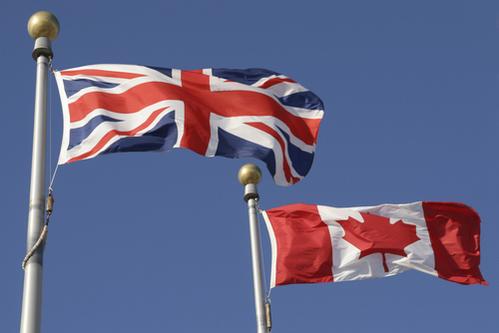Canada’s liquor control boards – the provincially run bodies that control the sale of alcohol to Canadians – have proven surprisingly adept at enduring through calls for lower prices and greater consumer choice.
But as I argue in a new commentary for MLI, that doesn’t make them immortal. The fact that they have survived so long is itself a tribute to their political advantages for provincial governments, even as their economic advantages are gradually eroding under the onslaught of the consumer power revolution. In this Commentary, based on a talk I gave to the Canadian Association of Liquor Jurisdictions, I lay out the strengths and the challenges liquor monopolies must manage if they are to survive and how their world is changing thanks, among other things, to increased judicial scrutiny of trade barriers as well as the traditional objections of consumers and taxpayers.
We live in a world driven by the power of the consumer, and regulatory obstacles to consumers getting what they want are falling all around us. That has bodies such as the provincial liquor boards, with their monopolies, lack of choice and high prices, swimming against the historical tide.


